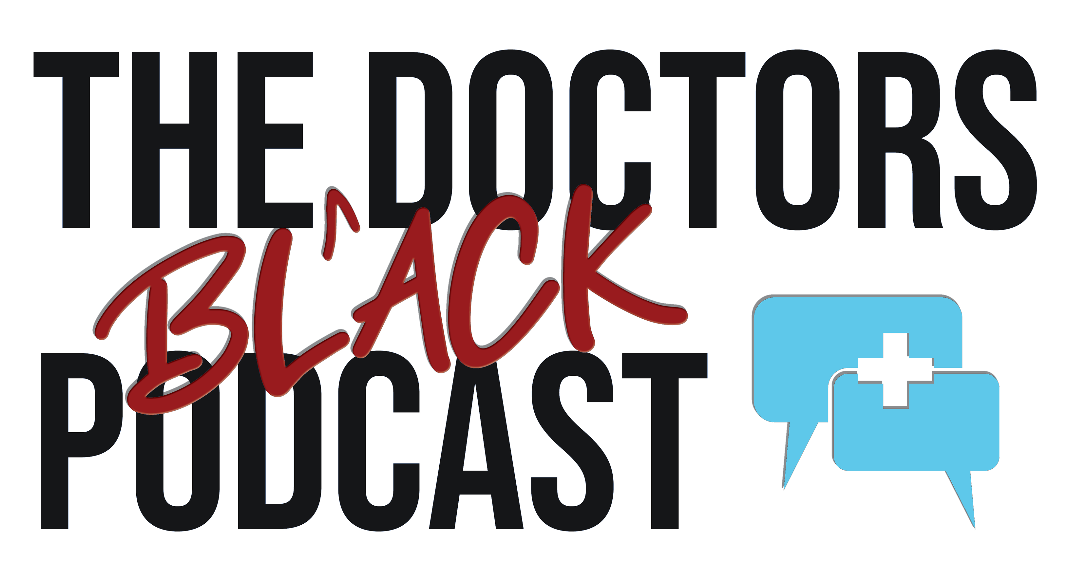Medical Ethicist Discusses the Implications of State-Sanctioned Executions
“Alabama Causes Humanity to Take a Step Backwards”
Welcome back to the Black Doctors Podcast! I’m Steven, your host, and I had a great weekend connecting with Dr. Robert Ray, an emergency medicine physician and toxicology fellow. In a previous episode, Dr. Ray shared his experience standing up for social justice issues during residency. We even got to grab brunch when he was in town. It was fantastic meeting him in person. As we wrap up January, I want to delve into medical ethics, a niche I’ve explored during my residency with a focus on topics like artificial intelligence.
I had planned to discuss the ethical implications of AI in medicine in this episode. However, a recent event compelled me to address a different topic. On January 25th, the state of Alabama executed Kenneth Eugene Smith using a novel method called nitrogen hypoxia. This execution method, rarely used in the criminal justice system, prompted me to discuss capital punishment and its ethical implications.
Kenneth Smith was convicted in a murder-for-hire plot in Alabama, which involved a pastor hiring individuals to kill his wife, Elizabeth Sennett. This tragic case from 1988 serves as a backdrop to discuss the broader ethical arguments against capital punishment.
I’ll touch on three common ethical arguments: First, capital punishment violates the fundamental human right to life, as the state should not engage in actions that deliberately take someone’s life. Second, there’s the risk of irreversible error in the justice system, potentially leading to the execution of innocent individuals. Third, the death penalty has not been proven to be more effective as a deterrent than other forms of punishment, raising questions about its ethical justification.
Physicians’ involvement in capital punishment is a contentious issue. Professional organizations like the American Medical Association discourage direct participation, such as administering lethal injections. The legal and professional ramifications for physicians participating in executions can include the revocation of medical licenses.
I’ll also explore the recent execution using nitrogen hypoxia, the first of its kind in the world, and discuss the ethical implications of experimenting with execution methods on individuals. Additionally, I’ll share my thoughts on physician aid in dying and how it differs from state-sanctioned executions.
Thank you for joining me on this important and challenging topic. Stay tuned for upcoming episodes, including content for Black History Month. Your support means a lot, and I appreciate every listener. Remember, representation matters on the Black Doctors Podcast.
Interested in starting a podcast? Check out Riverside for your remote recording needs: RIVERSIDE.FM
Follow us on Instagram: @TheBlackDoctorsPodcast or @StevenBradleyMD
If you enjoyed this episode, please share with a friend and leave a comment and rating on iTunes. TBDP is a volunteer passion project with the goal of inspiring all who listen.
In-house music and audio production, so any ideas for improvements or suggestions for future guests are welcome. Visit www.StevenBradleyMD.com to learn more about our host. He is available for consultations or speaking engagements regarding health equity and medical ethics.
Hosted on Acast. See acast.com/privacy for more information.

